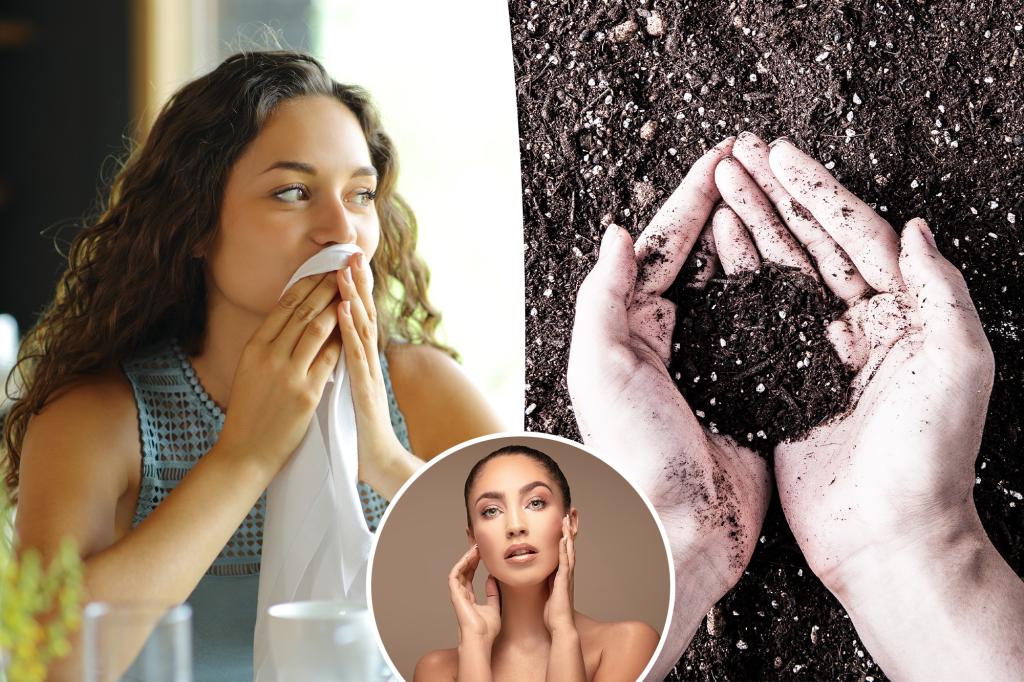The trend of eating dirt, also known as “crunching,” has moved out of the shadows and into the spotlight as individuals across the internet openly discuss the wellness and beauty benefits of consuming soil. For example, some suggest that ingesting soil can improve gut health, with one user recommending the consumption of a teaspoon of organic biodynamic soil due to its high microorganism content. Furthermore, there are opportunities to purchase edible clay online through platforms like Amazon and Etsy, with prices ranging from $11 to $27 depending on the quality and quantity of the product.
In addition to improving gut health, soil consumption has been linked to a variety of other health benefits. Research has shown that soil contributes to the human gut microbiome and can reduce the need for consuming livestock and dairy products, leading to improved digestive health. Moreover, previous studies suggest that ingesting soil may aid in weight loss by absorbing body fat and having a positive impact on the skin and immune system. For instance, direct exposure to natural soil and plant based materials could enhance microbial diversity and potentially prevent immune system disorders.
Some individuals have reported personal benefits from eating dirt, including improvements in skin health and reduced acne and wrinkles. Influencers on social media platforms have also shared their experiences with soil consumption, with some admitting to enjoying the taste of dirt. For example, one influencer who has over 113,000 followers openly discusses her love for eating dirt and how she consumed it throughout her pregnancies. Despite potential health benefits, the desire to consume soil seems to stem more from personal preference than from any proven scientific advantages.
While the idea of eating dirt may sound strange to many, some individuals are embracing the practice and advocating for its benefits. For example, a fertility and hormone coach recommended ways for individuals to incorporate soil into their diets safely, such as not washing organic vegetables or spending time in nature to inhale natural particles. Moreover, vendors are marketing edible clay as an anti-aging tool, claiming that it can balance sebum production, tighten pores, and deliver anti-aging effects. Recent research has shed light on the historical use of soil consumption in human diets and potential benefits for the gut microbiome, suggesting that consuming soil may have evolutionary roots and could offer unique health advantages.


